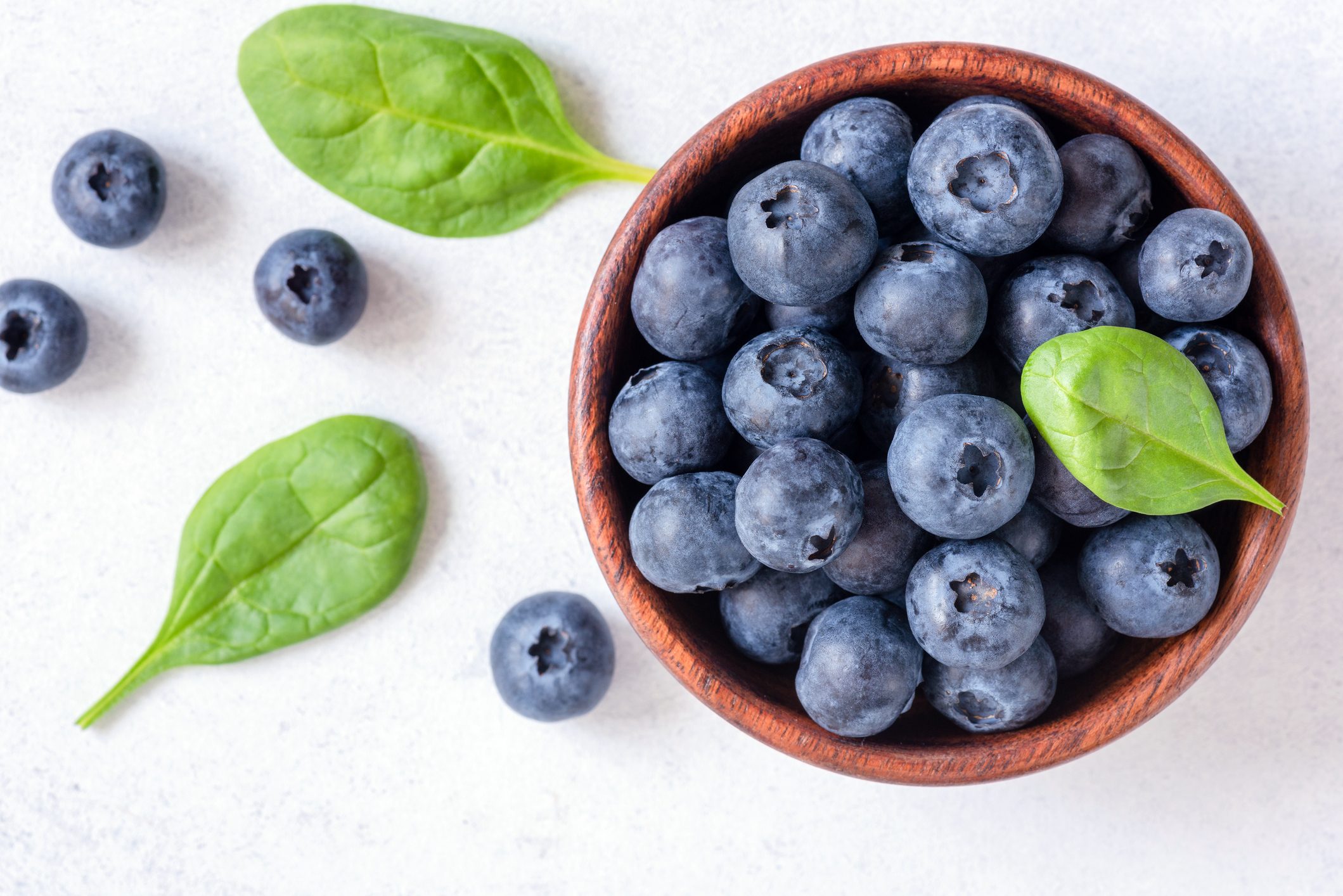Blueberries are good for the heart, here is the “friendly” portion to eat every day
Let's see together why blueberries are good for the heart and what is the "friendly" portion that we should eat every day.
;Resize,width=742;)
Scientists have discovered that eating blueberries every day reduces the risk of developing heart disease, as well as type 2 diabetes. Let's see together how the experts came to this conclusion and what is the ideal portion to obtain health benefits. Here's how blueberries help the heart.
Eating one cup of blueberries a day reduces the risk of developing cardiovascular disease, this is what supports a new research conducted by the University of East Anglia, in collaboration with colleagues from Harvard and throughout the United Kingdom. Let's see together why blueberries are good for the heart and what is the "friendly" portion that we should eat every day.
Metabolic syndrome and blueberries

Scientists have considered the symptoms of the metabolic syndrome, which includes the risk of hypertension, high blood sugar, excess body fat around the waist, low levels of "good cholesterol" and high levels of triglycerides, to verify the effectiveness of blueberries . Indeed, the metabolic syndrome increases the risk of heart disease, stroke and diabetes.
The experiment
To reach their conclusions, the scientists involved 138 overweight and obese people, aged between 50 and 75, and asked them to eat 150 grams or 75 grams of lyophilized blueberries every day, while a third of them participants were given a ‘placebo' dose made only of artificial colorings and flavors. The data collected showed that eating 150 grams of blueberries every day reduces the risk of cardiovascular disease by 12-15%. However, the same benefits were not found with regard to the 75 gram dose and the placebo dose.

Health also passes through nutrition
The scientists explain that this study demonstrates once again that blueberries, as well as other berries, are valid food strategies to protect our hearts. Past studies have shown, for example, that blueberries also reduce the risk of developing conditions such as type 2 diabetes.
Why are blueberries good for you?

Blueberries may have these beneficial effects on the heart because they are rich in natural compounds called anthocyanins which are the flavonoids responsible for the red and blue color of these fruits.
The study, titled “Blueberries improve biomarkers of cardiometabolic function in participants with metabolic syndrome — results from a 6-month, double-blind, randomized controlled trial,” was published in the American Journal of Clinical Nutrition.
;Resize,width=767;)
;Resize,width=712;)
;Resize,width=712;)
;Resize,width=712;)
